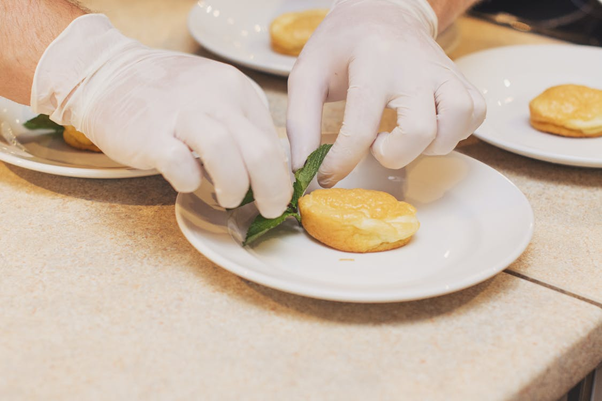
Chefs and kitchen staff at restaurants and other food preparation environments must adhere to strict food safety protocols during their operations. Such protocols are required by law in most countries. However, they should also be practiced to keep customers and patrons safe.
Some of the reasons why food safety protocols are important are described below:
1. Protecting People from Food-Bourne Illnesses
Food safety protocols help protect people from food-bourne illnesses. After all, incidents like food poisoning are most likely to occur when food safety protocols have been ignored.
For example, meats that have been stored at temperatures above 4oC become hotbeds for bacteria growth. This bacteria can then cause severe food poisoning when it is consumed.
2. Preventing Cross Contamination
The dishes served at restaurants may consist of a blend of different ingredients. However, such ingredients can cause problems if cross contamination occurs before or during the food preparation process.
For example, the bacteria from raw meat can spread to open dairy containers if they are placed side by side. People who consume food products made from this dairy may fall ill.
For this reason, you should implement a Hazard Analysis Critical Control Point (HAACP) to ensure such cross contamination doesn’t occur.
3. Ensuring Food Stays Fresh
Food safety protocols also offer the benefit of ensuring people are served fresh food. The steps you will use to ensure your food is safe for consumption also indirectly ensures the food is served in the best possible condition. For this reason, people will have a more positive view of restaurants that follow strict food safety protocols.
How Janby Track Can Help With Food Safety Protocols
Janby Track can help kitchen staff monitor different Sous Vide processes at all times. This helps them ensure the food they are preparing stays within the acceptable limits for food safety. Please visit our website to learn more about Janby Track and how it can help you.
